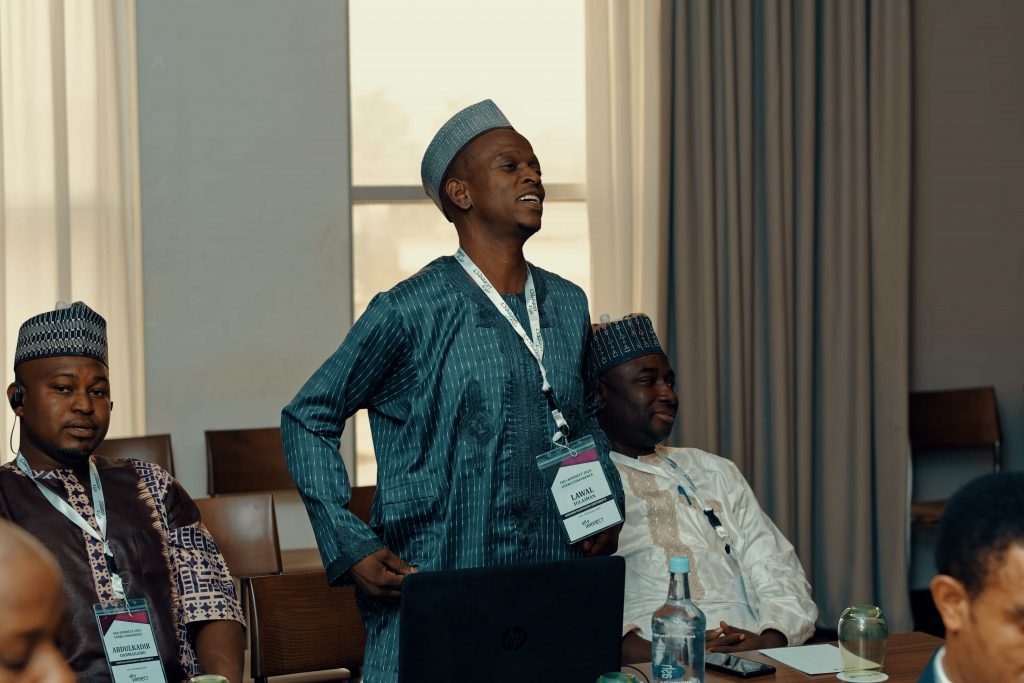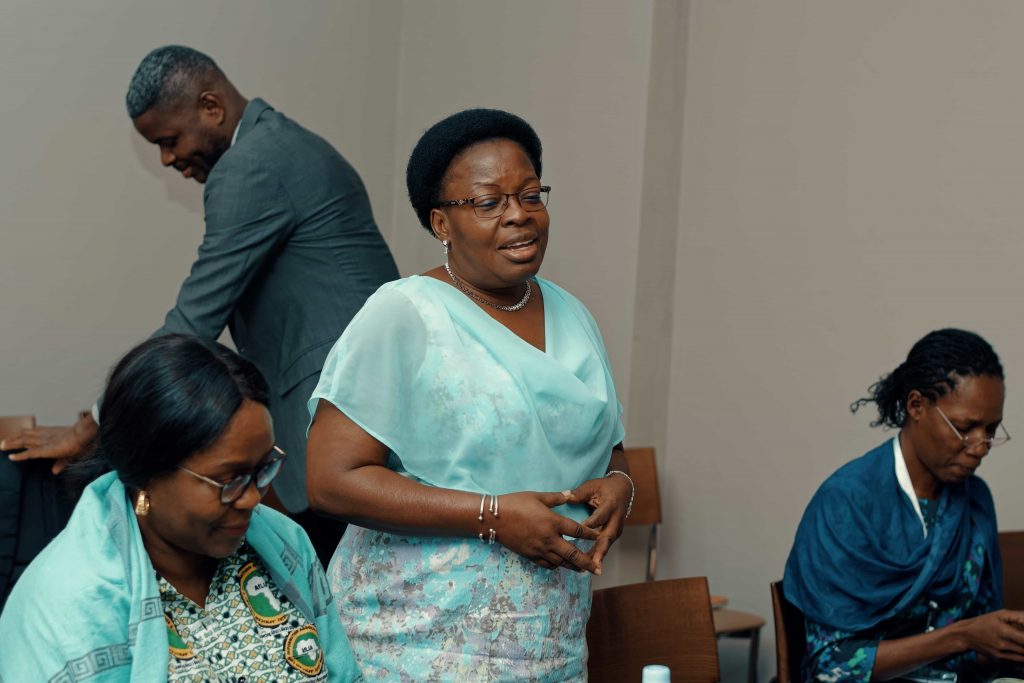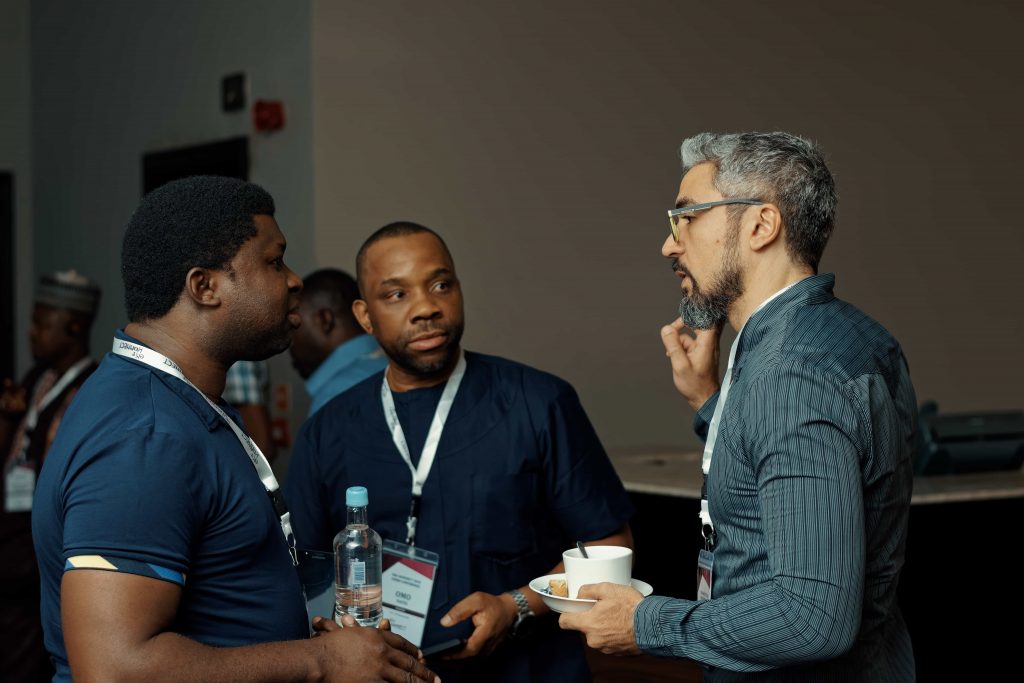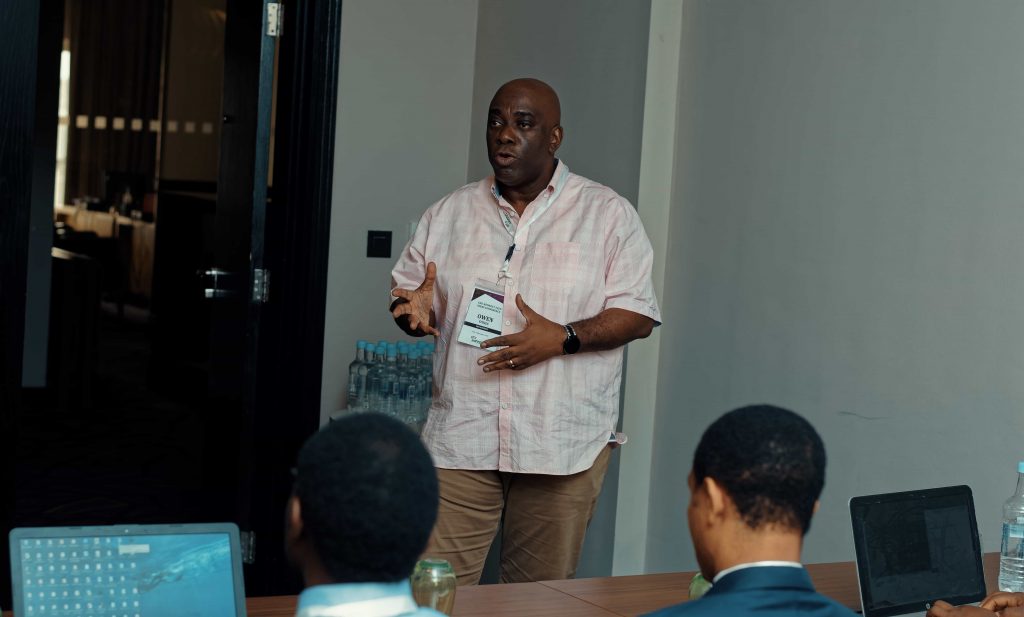The pre-conference workshop brought University Librarians, ICT Directors, Researchers and REN managers together discuss the issues of how to strengthen Institutional Repositories of the universities and how best to collaborate to deliver a national repository for Nigerian researchers to contribute to and effectively utilise.
Representatives from the National Informatics Institute of Japan were present to discuss how they developed their WEKO 3 based multi-tenancy repository and data management platform for open access to research, teaching and learning materials.
Prof. Miho Funamori talked about the Japanese use case for using cloud-based repository services while Prof. Kazu Yamaji talked about the GakuNin Identity federation and Research Data Management as a killer service. Masaharu Hayashi then gave a detailed technical presentation of the WEKO3 (Invenio) System.
Owen Iyoha, GM Eko-Konnect put all the presentations by NII into context explaining that Nigeria could learn a lot from the Japanese models and infrastructure it has developed for its research community to maximise the use of next-generation repositories. He also provided some insights into the history and growth of Eko-Konnect that many of the participants had not previously known.
Following the presentations an intense discussion moderated by WACREN CSO, Omo Oaiya commenced with librarians discussing their technical challenges and ICT Directors present gaining better understanding of the challenges and needs of the library and the key role identity infrastructure had to play in ensuring open but secure access to scientific and scholarly content hosted in national repositories and how the visibility of researchers and institutions are improved with federated identity buttressed by good policies.
The librarians present agreed that there was a need to adhere to common standards in order for researchers and their libraries and repositories to easily generate and share education content and research and approach government and funding agencies to better target the funds available for research and invest in the repository infrastructure that would allow them to capture the outputs and monitor the impact of research grants being awarded. It was agreed that at the end of the conference a communique would be written and sent pertinent federal ministries and TETFund with the recommendations of the workshop and conference outcomes.




